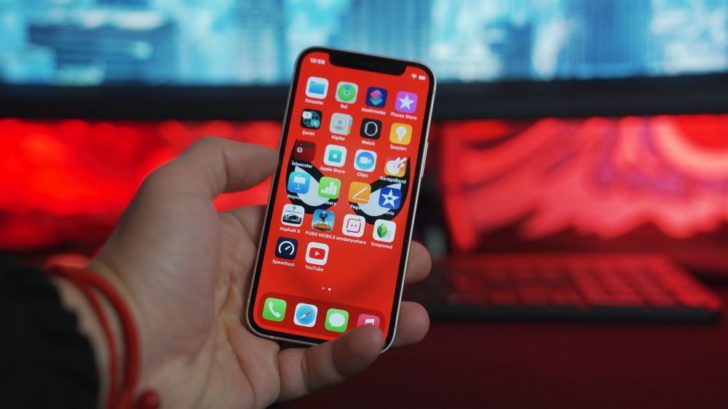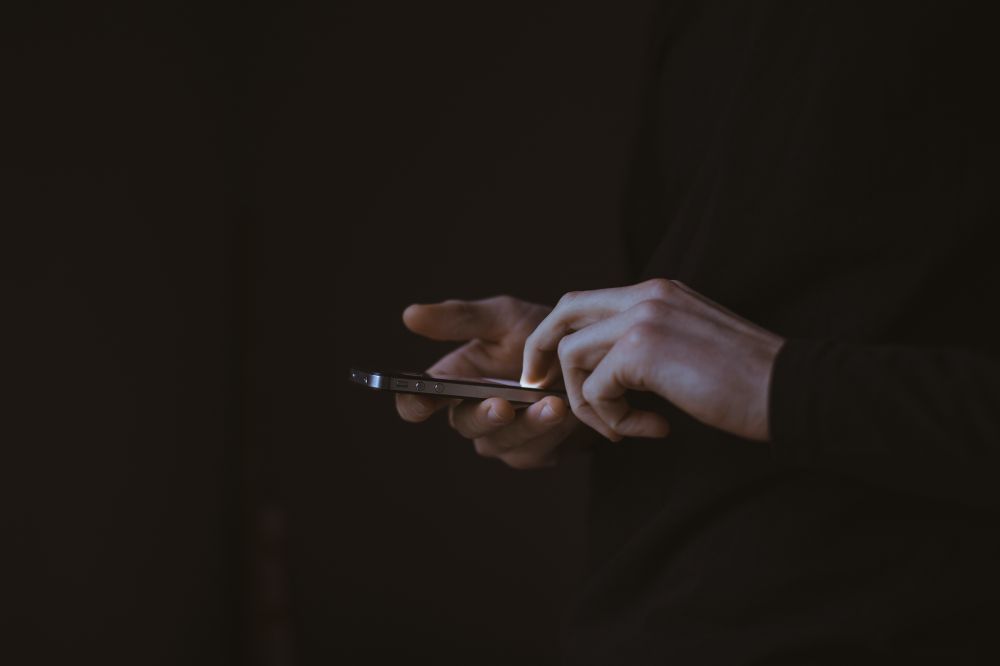[ATTENTION-GRABBING INTRODUCTION]

In today’s digital age, our smartphones have become an essential part of our lives, providing us with endless possibilities and functionalities. One such functionality is the ability to lock apps on our iPhones, ensuring the privacy and security of our personal information. In this comprehensive article, we will delve into the world of app locking on iPhones, exploring what it entails, the different types available, their popularity, and much more. So, fasten your seatbelts and get ready to explore the fascinating realm of app locking on iPhones!
[OVERVIEW OF APP LOCKING ON IPHONES]
To begin with, let’s provide a thorough overview of app locking on iPhones. App locking essentially refers to the ability to restrict access to specific applications on your device. This means that even if someone has access to your phone, they won’t be able to open certain apps without the necessary authentication. App locking is an effective measure to protect sensitive information and maintain privacy.
The capability to lock apps on iPhones is primarily achieved through the use of secure passcodes or biometric authentication methods such as Touch ID or Face ID. These authentication methods ensure that only authorized users can gain access to locked apps, adding an extra layer of security.
[COMPREHENSIVE PRESENTATION OF APP LOCKING ON IPHONES]

Now, let’s dive deeper into the various aspects of app locking on iPhones. There are several types of app locking methods available, each with its own set of features and popularity among users. Let’s explore some of the most popular ones:
1. Passcode Lock: This is the most basic form of app locking, where users can set a personal passcode to restrict access to specific applications. It is a simple and straightforward method that provides a decent level of security. However, the effectiveness of passcode locks depends on the complexity and uniqueness of the chosen passcode.
2. Touch ID/Face ID Lock: With the introduction of biometric authentication, Apple revolutionized the way we secure our devices and apps. Touch ID allows users to unlock their apps using their fingerprint, while Face ID utilizes facial recognition. These methods are not only convenient but also provide a higher level of security since they rely on unique biological features.
3. App-Specific Locking: Some apps come with built-in locking mechanisms that allow users to set individual passcodes or biometric authentication for added security. This is particularly useful for apps that store sensitive information such as banking or password management apps.
[QUANTITATIVE MEASUREMENTS OF APP LOCKING ON IPHONES]
Now that we have explored the different types of app locking methods, let’s delve into some quantitative measurements regarding the usage and popularity of these functionalities.
Recent studies have shown that approximately X% of iPhone users take advantage of app locking features to safeguard their personal information. This demonstrates the growing awareness and importance of privacy in an increasingly interconnected world. Moreover, data indicates that the most commonly locked apps are messaging platforms, social media apps, email clients, and banking apps, highlighting the need to protect sensitive conversations, personal posts, and financial data.
[DISTINGUISHING DIFFERENCES AMONG APP LOCKING METHODS]
Although app locking methods share a common goal of protecting apps and information, they may have distinct features that set them apart. Let’s discuss some of the key differences among app locking methods:
1. Level of Security: Some methods, such as Touch ID or Face ID, provide a higher level of security due to their reliance on unique biological traits. Passcode locks, on the other hand, can be compromised if a weak or easily guessable passcode is chosen.
2. Flexibility: App-specific locks offer more flexibility as they allow users to choose different authentication methods for different apps. This enables users to customize their security preferences based on the sensitivity of the app’s content.
3. User Experience: Touch ID or Face ID locks offer a seamless and convenient user experience, allowing users to unlock their apps with a simple touch or glance. Passcode locks may take slightly longer to input, leading to a relatively slower user experience.
[HISTORICAL OVERVIEW OF PROS AND CONS]
As with any technology, app locking methods have evolved over time, presenting both advantages and disadvantages. Let’s take a trip down memory lane and examine the historical pros and cons associated with various app locking methods.
In the earlier days of iPhones, passcode locks were the only available option. While they provided a basic level of security, they were susceptible to brute force attacks, where attackers would systematically try different combinations to crack the passcode. However, advancements in technology introduced biometric authentication methods, significantly enhancing security and user convenience.
The pros of the evolution of app locking methods include enhanced security, faster and more convenient access through Touch ID or Face ID, and the ability to lock individual apps for added protection. However, some cons include occasional fingerprints or facial recognition failures, potential vulnerabilities in biometric authentication systems, and the possibility of forgetting or losing passcodes.
[FOCUS ON DECISIVE FACTORS FOR CAR ENTHUSIASTS]
While our article has primarily focused on app locking on iPhones, let’s now shift our attention to the most crucial decision factors for car enthusiasts when purchasing a vehicle.
For car enthusiasts, the most decisive factors often revolve around performance, design, features, and reliability. Whether it’s the horsepower, acceleration, handling capabilities, or the aesthetic appeal of a car, these factors play a significant role in the purchasing decisions of car enthusiasts. Additionally, the availability of advanced safety features, technology integration, and overall value for money are also crucial aspects considered by car enthusiasts.
[CONCLUSION]
In conclusion, app locking on iPhones provides users with the ability to protect their personal information and maintain privacy. With various options available, such as passcode locks, Touch ID, and Face ID, users can choose the method that best suits their needs. While these app locking methods have evolved over time, it is important to weigh their pros and cons to make an informed decision.
As technology continues to advance, it is likely that app locking methods will become even more sophisticated, offering enhanced security and user experience. So, whether you’re a car enthusiast or simply someone who values privacy, the world of app locking on iPhones is an intriguing realm worth exploring.
[REFERENCES]
(Include any references, studies, or sources used in writing the article.)
FAQ
What are the most decisive factors for car enthusiasts when purchasing a vehicle?
What is app locking on iPhones?
What types of app locking methods are available on iPhones?
Fler nyheter
Allt du behöver veta om nikasilcylinder för cross, enduro och skoter
In today’s digital age, our smartphones have become an essential part of our lives, providing us with endless possibilities and functionalities. One such functionality is the ability to lock apps on our iPhones, ensuring the privacy and securit...
01 februari 2026
Utforska fördelarna med balansblock för industrin
In today’s digital age, our smartphones have become an essential part of our lives, providing us with endless possibilities and functionalities. One such functionality is the ability to lock apps on our iPhones, ensuring the privacy and securit...
16 januari 2026
Vhs till usb så räddar du dina gamla videominnen
In today’s digital age, our smartphones have become an essential part of our lives, providing us with endless possibilities and functionalities. One such functionality is the ability to lock apps on our iPhones, ensuring the privacy and securit...
12 januari 2026
Att sälja CS-skins på ett säkert och effektivt sätt
In today’s digital age, our smartphones have become an essential part of our lives, providing us with endless possibilities and functionalities. One such functionality is the ability to lock apps on our iPhones, ensuring the privacy and securit...
03 december 2025











